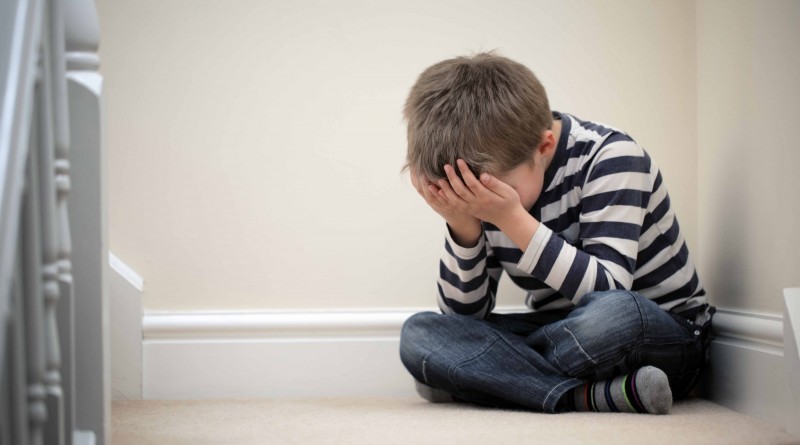Things you should never say to your children
Your children are your greatest treasure, so you have to be careful that the way you rebuke them do not inflict serious wounds on their self-esteem.
Sometimes we can lose our heads, but there are things you should never say to your children, even when we’re very angry. Some are obvious and some not so much, but here are some of them.
Never compare them with other children. Telling a child that she should be more like his siblings or other children as affect the self-esteem and motivation to put the child in a situation of inferiority to others
“Always”, “never” and “again?” are terms to banish from your vocabulary when you rebuke children. These are words too reductive. You’re assuming that they make the same mistakes, which probably let them unmotivated to act differently.
“I’m going to tell your father/mother” – you can’t push the punishment for the father or mother. You are making the other parent the bad guy, unnecessarily. In addition, the child may develop anxiety behavior while waiting for the punishment that will come when the parent comes. This kind of phrase can also contribute to the idea that the mother does not punish, and the child may behave as she pleases. The authority must come from both parents.
“Aren’t you ashamed?” – this is also a wrong way to talk to your children. Doing it, you create in the child a feeling of guilt and make her feel inferior. She can easily conclude that she does nothing well, and it will lower her self-esteem.
“That’s not how you do it. I show you “ – many people made this mistake. It’s obvious that your child doesn’t make a lot of things well, but if you choose a speech marked by negative, he may become discouraged and disappointed. Show him the correct way to do it, but in a disguised way, enthusing him to fix what he did wrong unnoticed.
“If you don’t stop crying, I leave you here!” – How many of us have had the temptation to say this? But this is one of the statements to be avoided. Children may believe that, and can internalize a sense of abandonment, that is their greatest fear. Instead of scaring them off, try to convince them to behave well.
“You don’t have anything.” – When your child gets hurt and cry, even though it’s nothing serious, give him due attention. Don’t minimize his suffering. At such times, for whatever reason, the child needs attention and that you take him seriously.







